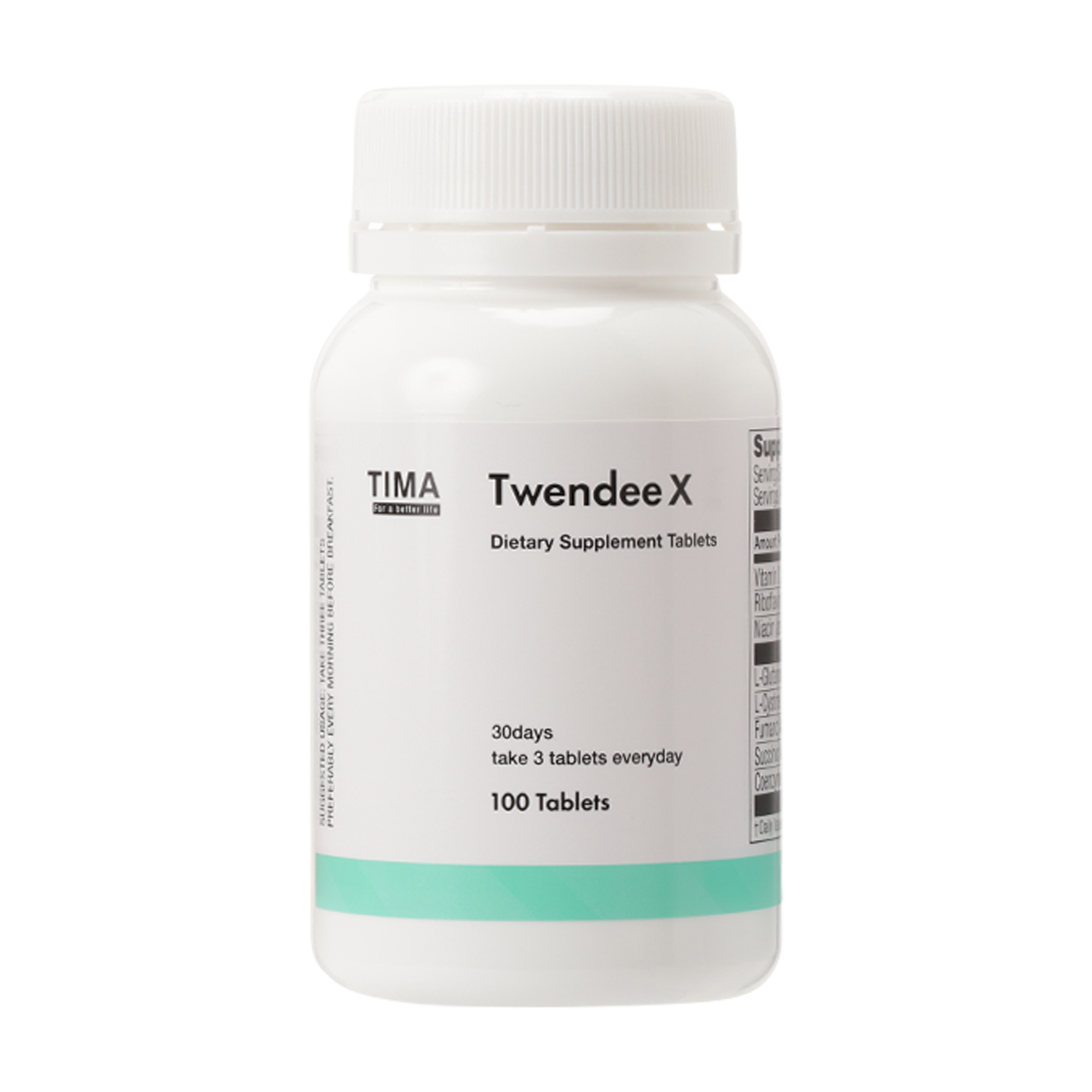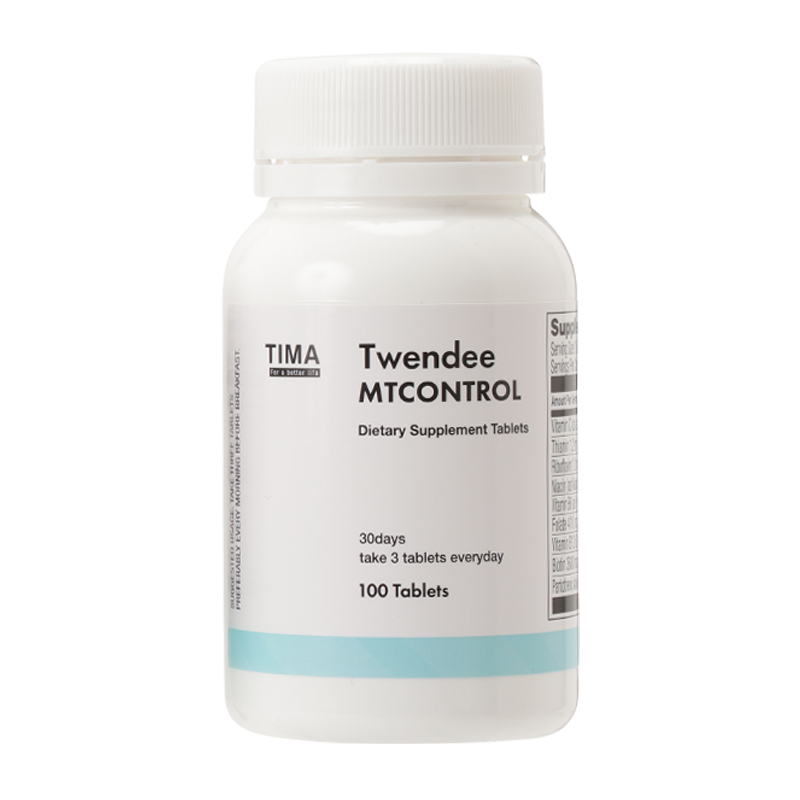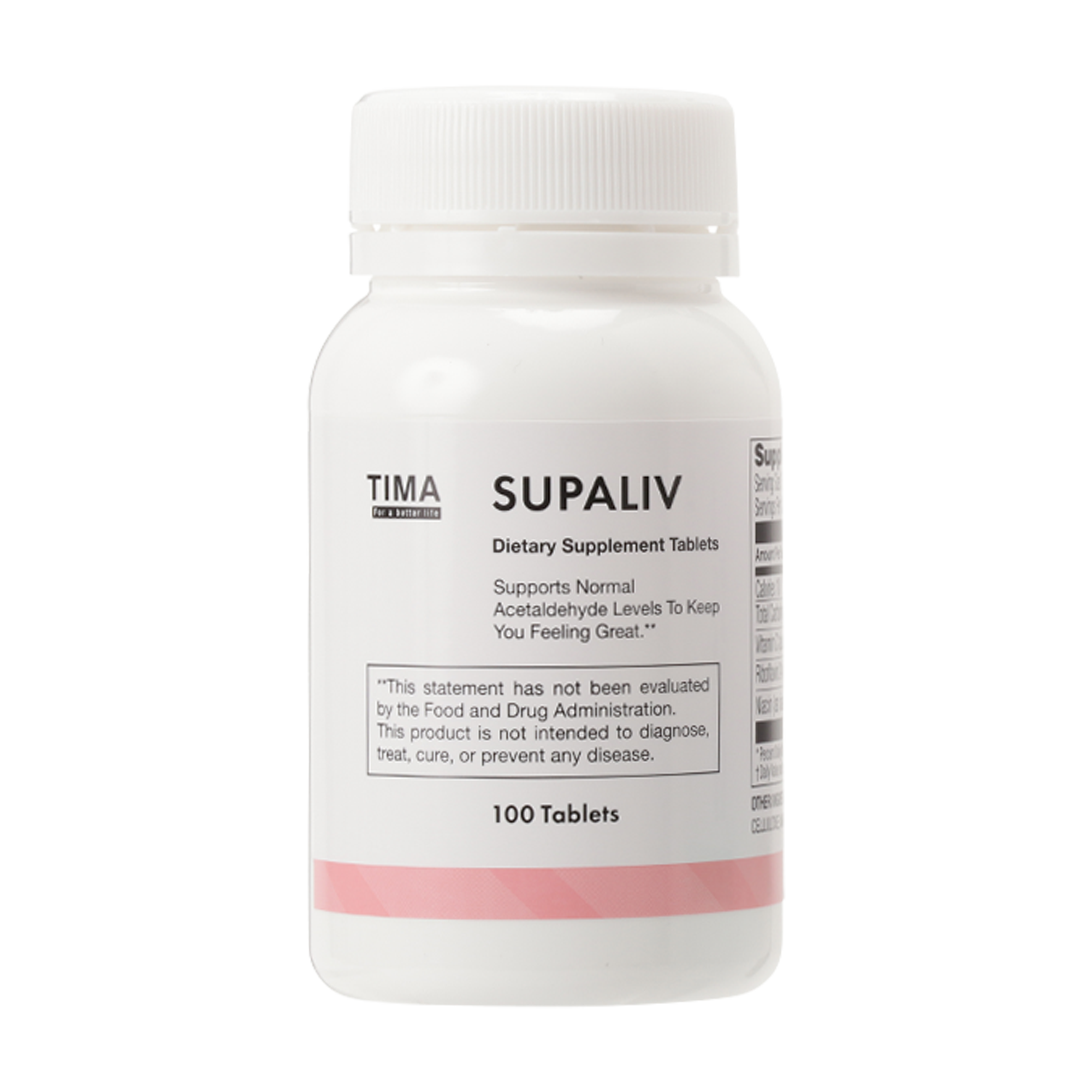Thesis on Oxidative Stress and "gastric ulcer"
- Paper title
- Critical role of an endogenous gastric peroxidase in controlling oxidative damage in H.Pylori-mediated and nonmediated gastric ulcer.
- Abstract summary
- The enzyme gets inactivated in vitro by reactive oxygen metabolites generated by activated neutrophil.
- Authors
- Mrinalini Bhattacharjee, Samir Bhattacharjee, Arnab Gupta, Ranajit K Banerjee
- Journal
- Free radical biology & medicine
- Semantic Scholar URL
- https://semanticscholar.org/paper/ab5e7fa89b091a016bc925b8ba55c330f4b2482a
- Abstract
-
The objective of the present study is to delineate the mechanism of oxidative damage in human gastric ulcerated mucosa despite the presence of some antioxidant enzymes.
We report for the first time the critical role of an endogenous peroxidase, a major H(2)O(2) metabolizing enzyme, in controlling oxidative damage in gastric mucosa.
Human gastric mucosa contains a highly active peroxidase in addition to the myeloperoxidase contributed by neutrophil. In both non-Helicobacter pylori (H.Pylori)- and H.Pylori-mediated gastric ulcer, when myeloperoxidase level increases due to neutrophil accumulation, gastric peroxidase (GPO) level decreases significantly.
Moreover, gastric ulcer is associated with oxidative damage of the mucosa as evidenced by significant increase in lipid peroxidation, protein oxidation, and thiol depletion indicating accumulation of reactive oxygen metabolites (ROM).
Mucosal total superoxide dismutase (Mn and Cu-Zn SOD) level also decreases significantly leading to increased accumulation of O(2)(*-).
To investigate the plausible ROM-mediated inactivation of the GPO during ulceration, the enzyme was partially purified from the mucosa.
When exposed to an in vitro ROM generating system, using Cu(2+), ascorbate, and H(2)O(2,) the enzyme gets inactivated, which is dependent on Cu(2+), ascorbate, or H(2)O(2).
Insensitivity to SOD excludes inactivation by O(2)(*-).
However, complete protection by catalase indicates that H(2)O(2) is essential for inactivation.
Sensitivity to EDTA and hydroxyl radical *OH) scavengers indicates that GPO is inactivated most probably by *OH generated from H(2)O(2).
We propose that GPO is inactivated in vivo by ROM generated by activated neutrophil.
This leads to further accumulation of endogenous H(2)O(2) to cause more oxidative damage to aggravate the ulcer.








